How to Sell Out Your Next Retreat
Real talk: I don’t talk a ton about retreats a ton.
Don’t get me wrong — I LOVE them. Intimate, small-group experiences are LIFE. I love putting people together in a room for a big bash, but my heart? It’s 10 people, gathered around a dinner table or a fire, asking great questions and getting SUPER deep into hard things. (Which is my low-commitment way of hosting my own mini-retreats every few months).
I don’t talk about them (except for, apparently, how to plan your own wellness retreat) a lot because there are PLENTY of resources out on the internet about people who have hosted retreats and honestly, I don’t usually recommend a company or business owner host a retreat unless they already have a substantial and loyal following.
Retreats, in order to be profitable, need to have a high margin and deliver incredible value…which means they really are only meant for your creme-de-la-creme of clients. The ones who already know and love you. The ones who are willing to do the work in your style and your method. AND also, it’s meant for that person’s friends and network (which means they have to be willing to share it, too).
This is an unpopular opinion but I’m going to say it:
It is really hard to sell a retreat to a complete stranger and ensure that they have a good experience.
And in my business, we like to start with the things are EASY instead of the things that are hard. EASY has better results.
It’s not to say you can’t serve someone who finds you out of the blue. But I don’t want you using that as your only retreat marketing strategy. To be honest, MOST people do this. They try to sell their retreat to complete strangers…when they have a network of people who are WAY better suited.
So, if your BIGGEST question is before launching your first (or next) retreat is this…
How do I sell it out?
Then let’s get to it. In today’s post, I’ll share with you some best practices of the MARKETING side of selling out your own retreat. Many people think that the planning of the retreat is the hardest part, but the marketing process can be a bit intimidating if you don’t know what you’re doing and ESPECIALLY if you don’t know what you NEED before you embark on an amazing retreat experience.
First things first…
I think it’s really crucial to define WHY you’re hosting a retreat and what your goals are before you go down the path of launching it.
MOST people want to host a retreat or in-person experience for the image of it…the warm weather and the yoga every morning. The beautiful eco-lodge in Costa Rica and you peacefully swinging in the breeze in a hammock.
And I WANT that life for you. But before you imagine it, I want to make sure you’re really clear on what your audience wants AND what will serve you as a business owner best.
If you’re planning an international retreat, it’s going to be at least 50% more expensive than a domestic retreat that’s closer to you (and probably 75% more expensive than you think it will be!). Which is totally fine! But if you’ve never planned a retreat before? I want you to have a good experience, have it AT LEAST break even after your planning costs, and to keep.doing.them.
So, now that THAT’S out of the way, let’s talk about retreat marketing.
Make sure a portion of your audience is high-touch and has the capacity to pay for an expensive retreat.
If your goal is to take people to a tropical location, you’re going to likely be looking at a more high-level portion of your audience. People need to buy flights, stay at the resort, pay a higher fee…which is ALL doable, but you need to make sure you have the client base to support that. Are the majority of your clients paying $99 for an e-book? Or are they spending $1,000+ on your coaching services? One subset of your audience can support this. The other subset will say that they WISHED they could come, but they’re probably still a few years away from that as a good fit in their business.
If you are currently still building your business to work with higher-touch clients, then I’d hold off on your retreat for a few years. Once you prove your value and have a loyal customer base, you’ll be able to launch it, no problem. But for now, I’d wait unless you’re confident your audience can afford a few thousand dollars to put down on your retreat.
Get comfortable with sales calls and 1:1 selling.
Let me tell you something…I have NEVER sold an intimate event without at least sending a few personal emails or gotten on the phone. Retreats are SO intimate and personal, and if you’re truly interested in selling them, you have to get comfortable with the idea that most people want to feel your high-touch level of care BEFORE they commit to your program.
When I launch ANYTHING at first, I always reach out to friends or people in my network via email and ask them if they have time to chat about the product. I ask them if they’d be interested in the concept, if it sounds exciting to them, and then, if they’d put down a deposit of $500 right then on the event.
If you don’t want to be straightforward on the phone, send a follow up email and ask if they’d be willing to attend the retreat and that you’ll host it if you get X amount of people to pay $500 as a deposit. If you don’t, you’ll refund the money. It’s a win-win and you only have to make a few calls (if you’ve chosen your clients correctly).
If you aren’t comfortable asking your network of current clients, then it’s going to be WAY harder to sell people you don’t know.
Don’t launch publicly at first.
I’m a BIG fan of launching intimate retreats to your closest tribe of clients FIRST to get the proof that it will work. This is for two reasons:
You want to be able to test the concept of the event before you do a huge public launch
and
You want to be able to launch to the public with SOME of your seats sold already.
This isn’t a necessary step if you already have a proven history of selling events in the past, but the idea of “ONLY X SPOTS LEFT” or a “SOLD OUT EVENT” is a really powerful concept for future events. Which is another reason I’m a big fan of the next piece of advice, which is to…
Create a bit of a barrier to entry.
Some people detest this idea, but I REALLY love launching events that ask attendees to apply first (we’re talking 4-6 questions max, and not a TON of detail in each). The application process helps you weed out people who are really excited about you and your specific style and those who may not be a great fit for the group (because one OTHER thing about marketing a retreat is making sure you have the RIGHT people in the room…not just any people).
Asking people to fill out a short questionnaire increases their level of attachment and involvement to your event. When I’ve done this in the past, I’ve asked for the person’s phone number as a part of the questionnaire and then I’ve called them to ask them about why they’re interested in this event specifically and what their goals are.
Most people are surprised that I’d call a prospective event attendee…and that’s what we want. We WANT people to be surprised at our high-level of service…because that’s what retreats are. An extremely high level of service to your best customers and clients.
Plan to ask for those NOs to help you find a YES.
It sucks when someone says no to us, but if you’re selling a retreat and someone does say no, you’ll need to be able to go back to them and ask for some follow assistance. Why did they say not? What else do they need right now? Is it pricing or content? Do they see the value or not yet?
I always think that a NO is better than a ghost, so if you DO get a NO, simply ask why? Is it the price? The date? The timing? The content?
Most of the time, if people say that they can’t afford your retreat, it’s because they don’t see the value of it yet. No one complains that Beyonce tickets are hundreds of dollars because BE-YON-CE TICKETS. Those have widespread value.
If you’re hearing the phrase “I can’t afford it”, that means that your job is to figure out how you can communicate the value of your retreat better. If it doesn’t feel like a possibility, then make an ask for them to recommend someone in their community that they may know who may be a great fit.
Make it a part of a larger program.
This is possibly less of a marketing tactic and more of an integrated approach to hosting retreats more regularly, but one way to get comfortable with retreats is to add it as a component of a larger group program that you already run or are planning on running.
One of the biggest struggles that newbie retreat hosts make is that they can’t adequately paint the picture through imagery of what the event actually is. They don’t have photos or videos or testimonials from previous attendees. So the website or sales information about the retreat is really abstract.
However, you can change that. If you’re a coach or a nutritionist or a photographer or someone who has the ability to gather people for educational or community coaching circles over the course of 4-6 months, then an in-person retreat as a component of that coaching is the perfect way to get started building out those content touch points (photo, video, and testimonials from happy clients). Plus, you get to beta test the retreat’s programming AND you can get real time feedback from a “gentler” crowd (aka people who have gone through a coaching series with you and are far more likely to be honest and candid while not just complaining about the fact that they may not have liked the food).

